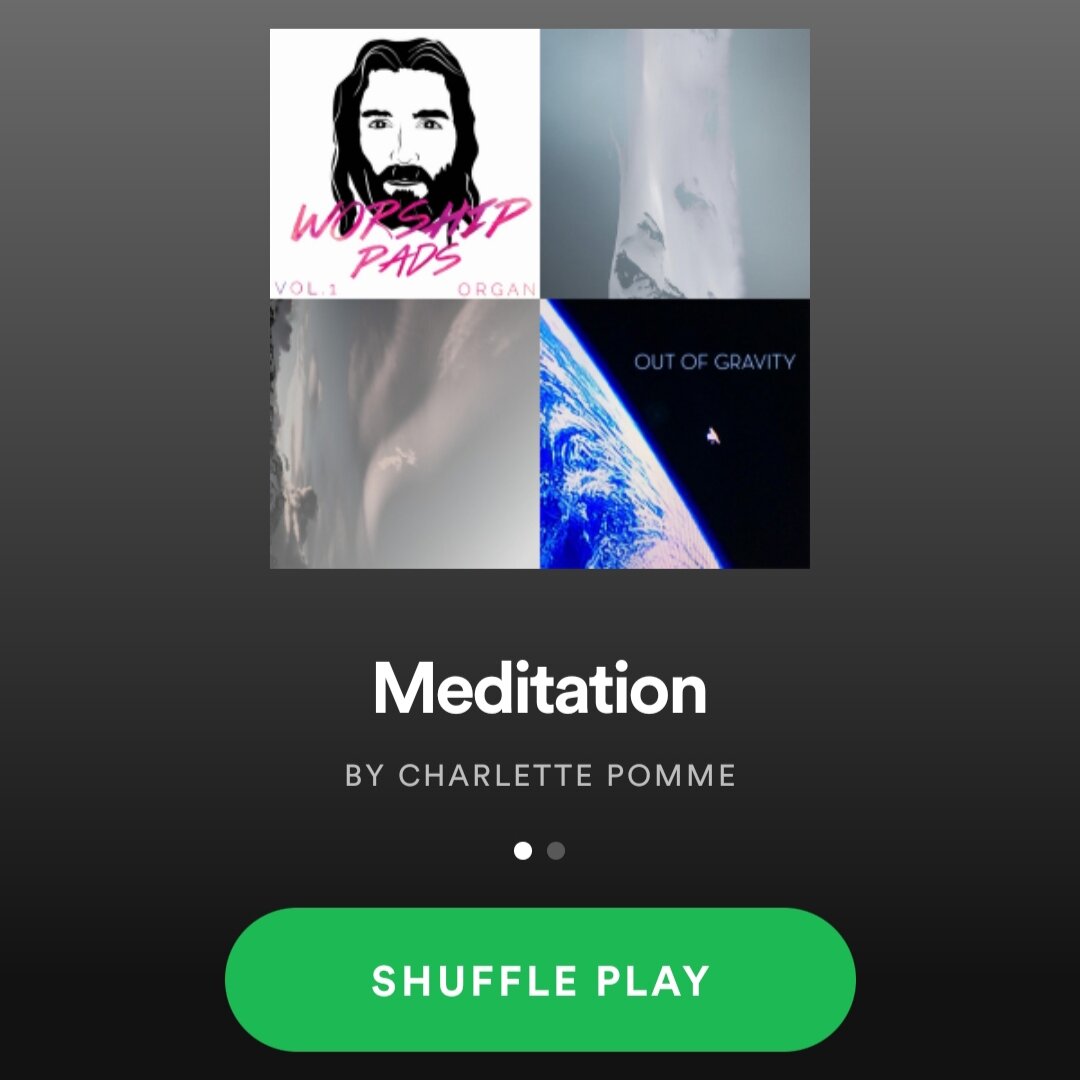Staying Sane in COVID-19
Calming Anxiety
Anxiety can have many causes, and that means that it can be managed in many different ways as well.
Fear Of the Future/ unknown
The first thing to recognise with anxiety is that it is fear driven. Fear lives in the future. We don’t fear the past or the present. We can only have fear for the unknown, and that lies ahead.
Anxiety is often felt at a cellular level. It can be all-encompassing, hard to understand and therefore, rationalise and remove. If we could just understand why we feel this way in our bodies, we’d know what to do about it—but it’s not always that simple, and negative cycles can spiral.
Did you know?
Not all anxiety and overwhelm is caused by the experiences in our lives? Sometimes anxiety and overwhelm are signals from the body that the body need some support- some time to rest, reflect and rejuvenate.
Understand this: We are born with an innate understanding of the signals our bodies are telling us. This is a different communication system, a different language to the one that overpowers the modern world.- it is not spoken or written word. It is instead, one that is felt and understood without words.
We developed spoken language to convey messages to others, including how we feel. But as individuals we do not need to translate these sensations or ‘gut feelings’ into our mother tongue to understand them… If we feel something, we already know it.
Our brains are so large that they try to interpret these sensations so we can express them to others to keep ourselves safe. Sometimes our brains don’t get it right, this often happens when we push these physical sensations away.
The Science
Did you know we have twice as many messages coming up from the body to the brain, as we do coming down from the brain to the body?
In tribal times, while out hunting, we would have sensed if we were being stalked by a lion before we could hear, see, or smell it. This happens through the vagus nerve, a crucial part of our nervous system. The vagus nerve runs from the brainstem down through the heart, lungs, stomach, reproductive organs, and other internal organs, which is why we use the term "gut feeling."
The 'knowing' that we were being stalked by a lion (or today’s modern equivalent) is felt in our organs (viscera). These signals are sent to the brain via the vagus nerve, where the brain interprets them to determine our next move—always aiming to keep us alive. This inner communication system evolved to protect us.
Anxiety often stems from a dysregulated nervous system, where the messages travelling between the viscera and the brain become confused. Anxiety is essentially the loss of this clear communication, of not being able to clearly understand what is needed to keep us safe.
Wired to See the Negatives
We’re biologically wired to notice negatives more easily—it’s a survival mechanism. It’s normal, and it isn’t a reflection of you as a person. It doesn’t define you, nor does it mean you’re ‘crazy.’
It’s perfectly understandable that sometimes, life feels overwhelming. You are allowed to feel anxious when you are experiencing a lot of unknowns or you are finding it hard to process what is happening in your life.
What you can do
Food
Pay attention to what you eat. There’s a gut-brain connection, and if your stomach isn’t calm, your mind won’t be either. Focus on fresh, colourful foods—avoid sugar and anything you know you’re sensitive to. Nourish your gut! Ginger, and gently cooked vegetables are particularly soothing. Drink warm water (avoid ice!) to help bring balance. If you’re an anxious snacker, giving your tummy a break for a few hours can be beneficial.Balance blood sugar
Rollercoaster blood sugar levels can cause so much stress on the body that you experience emotional stress too. The brain will try to work out why you are stressed and could pin point anything as the culprit (such as your partner… It’s true!).
Here are my easy tips to add to your day that can lower glucose spiking:
a. Take a cap full of apple cider vinegar in water 10 minutes before each meal. (You can’t taste it in a glass of water)
b. Start your day with protein. We need 30g of protein at breakfast to balance blood sugar for the rest of the day. If you know your blood sugar is regularly imbalance, then aim to eat this protein within 30 minutes of waking.
c. Have veggies as a starter to each meal (you can put the vinegar on the veggies instead of drinking it if you prefer). It slows down the absorption of glucose.
d. Move after eating. Dancing in the kitchen, gentle walking, even cleaning counts. 10 minutes is all thats needed.Turn towards
Simply turning towards to anxiety to uncover why it might be there can sometimes tame it. Fear often arises from a feeling of a loss of power or control. We may not have control over future situations, but we can learn to feel safer and more trusting. We can also learn to let go of our need for control.
To do this we simply turn towards our anxiety and exploring why it might be there.
If your anxiety could speak, what would it tell you?
How can you be okay without full control?
How can you get your power back?
Whats the worst that can happen?
Whats the best that can happen?
What matters most to you?
Self-sooth
Find self soothing techniques that work for you. Note these down as tools you can use when you need support
Vagus nerve healing
Anxiety often stems from a dysregulated nervous system, where the messages travelling between the viscera and the brain become confused. Anxiety is essentially the loss of this clear communication, of not being able to clearly understand what is needed to keep us safe.
Self-soothing techniques
1. Essential Oils
Essential oils are not a fad. High-quality oils can have an impact at the cellular level, meaning they genuinely work. Some pure essential oils can even be ingested.
These particular ones can be helpful in moments of need:
DoTERRA blends: Citrus Bliss (uplifting and calming), Balance (grounding) & Serenity (no explanation needed. Helps you drift off)
YLang YLang - lifts the mood while having a calming effect
Ho Wood - Calming
Marjoram - Emotionally soothing
Cedarwood - Calms the nerves
Lavender - Dispels tension and relieves anxious feelings
Vetiver - One of the most grounding essential oils
Vanilla Absolute - Soothes away worry and encourages feelings of love and connection
Roman Chamomile - Calms, relaxes, and quiets the body and mind
““essential oils can act as prooxidants affecting inner cell membranes and organelles such as mitochondria. Depending on type and concentration, they exhibit cytotoxic effects on living cells””
2. Apps
I recommend the free app Insight Timer, which offers plenty of free music and meditations.
3. Music
Here are some playlists I use in my classes: (click on images for links)
4. Meditations
Two to get you started:
5. Sit in water
Take a bath. This is about more than just calming your mind—your body needs it too. Your internal organs only fully relax when you’re submerged in water. Remember that sensations in the body come from our internal organs… Releasing tension here can lower anxiety as you have less of these ‘tension’ signals traveling around your body.
6. Who grounds you?
Our nervous systems mimic those we spend most time with. If there is someone who makes you feel calm, just by being around them, then see if you can spend time with that person. If you can’t be together then call that friend who is good at listening.
Something else to consider is pattern behaviour. We are creatures of habit and our habits have been shaken up recently. Deciding on some new routines will help you to feel more grounded.
Stay healthy and as always, please fire any questions at me for more advice.
- Charlette xx





